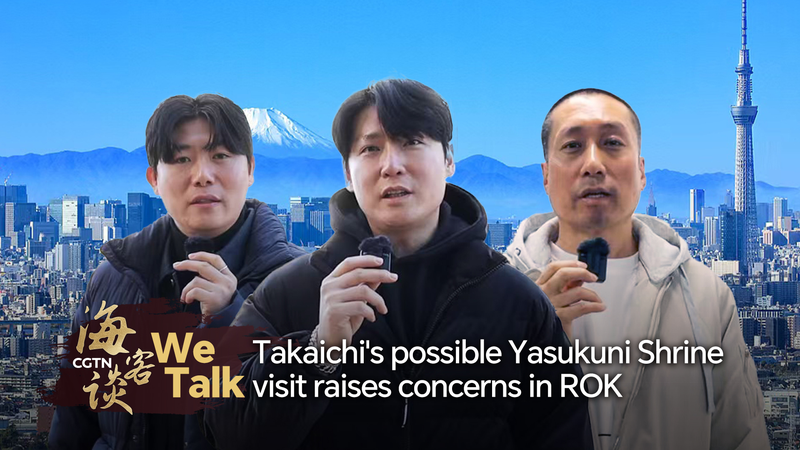On September 1, 2025, at the SCO Plus Meeting in Tianjin, Chinese President Xi Jinping launched the Global Governance Initiative (GGI), calling for sovereign equality, global rule of law, multilateralism, a people-centered approach, and a focus on real-world actions. This five-pillar framework has sparked conversations among Gen Z across the United States, Syria, Palestine and Vietnam, each drawing on their unique backgrounds to envision what “tangible actions” in global governance could look like.
Jack Klumpp, an American living in the Chinese mainland for seven years, says international cooperation isn’t just a headline—it shapes daily life. “The Chinese mainland’s 144-hour visa-free transit policy increases travel potential and mobility for people around the world,” he explains. Jack hopes such measures expand globally, making it easier for young professionals, travelers and digital nomads to live, work and explore the global economy.
Other Gen Z voices emphasize the same: from students in Syria seeking equal digital access, to residents of Palestine calling for rule-of-law protections, and youth in Vietnam championing multilateral environmental projects, the call for people-centered, actionable policies resonates worldwide.
As the GGI moves from summit halls to social media feeds, Gen Z’s demand is clear: if sovereignty and multilateralism are the guiding stars, then visa-free pathways, digital bridges and grassroots partnerships must be the compass guiding us toward a more connected world.
Reference(s):
Youth Perspective: 'Tangible actions' in the eyes of American youth
cgtn.com




